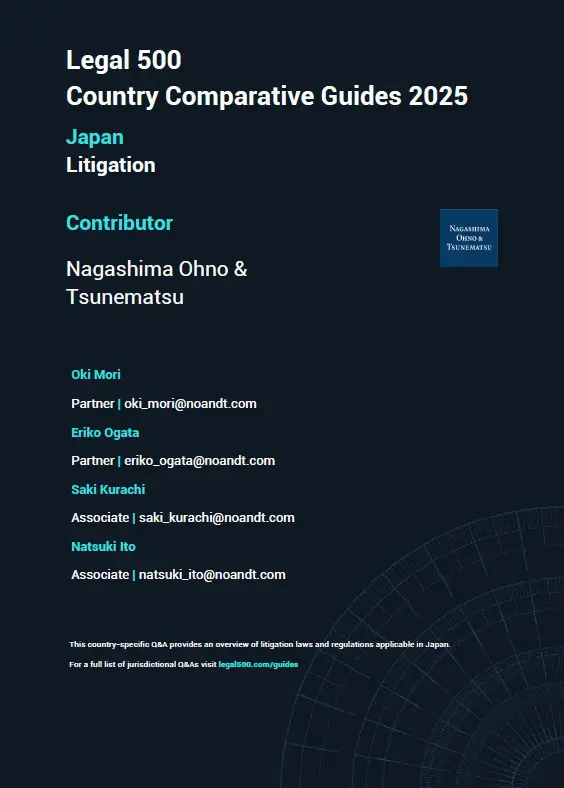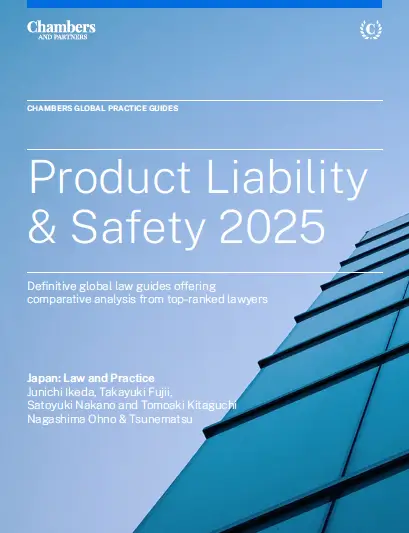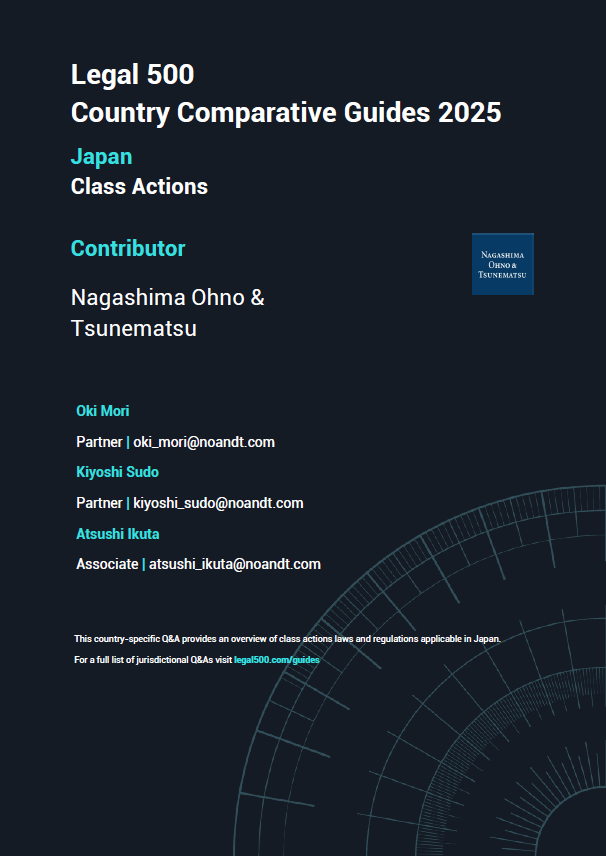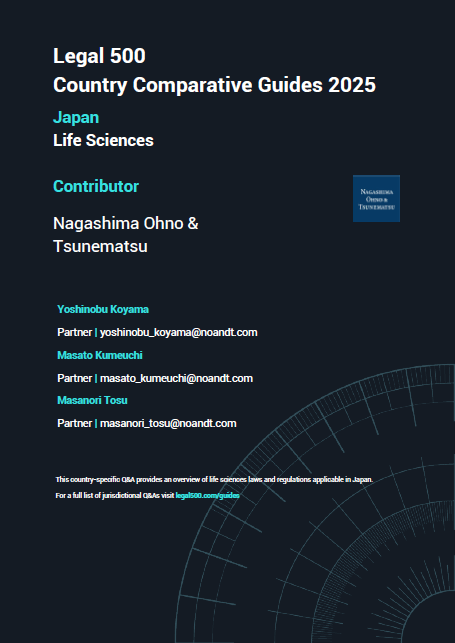
NO&T Thailand Legal Update
According to the statistical database of the Office of the Consumer Protection Board (the “OCPB”), there have been a substantial volume of complaints related to online shopping using cash on delivery services, particularly regarding product mismatches and fraudulent orders. In response to these problems, the OCPB introduced the “Dee-Delivery” regulation.
On 5 July 2024, the Contract Committee of the OCPB officially published in the Royal Gazette, as subordinate regulation under the Consumer Protection Act of 1979 (the “CPA”), a new notification prescribing that any delivery business that provides cash on delivery services is a controlled business with respect to the issuance of a payment receipt (the “New Notification”). This New Notification sets forth new requirements for delivery service providers who offer cash on delivery services, aiming to ensure that online shoppers do not receive nonconforming or unsolicited goods. The New Notification will come into effect after 90 days have elapsed from the date of its publication in the Royal Gazette (i.e., 3 October 2024).
The key takeaways from the New Notification are as follows.
The regulation under the New Notification involves the three main parties described below:
“Business operators” refers to delivery service providers who are engaged in the business of offering cash on delivery services (“Business Operator(s)”). This business involves transporting goods from senders to consumers where the payment for the goods is collected either by way of a cash payment or a fund transfer into an account upon the delivery of the goods※1.
“Senders” refers to any persons who sell and deliver goods to consumers using the cash on delivery services that are provided by the Business Operators (“Sender(s)”)※2.
“Consumers” refers to any persons who purchase goods online and choose to use the cash on delivery services that are provided by the Business Operator (“Consumer(s)”).
To address the challenges faced by Consumers who use cash on delivery services to engage in online shopping, the New Notification imposes legal obligations on Business Operators and also grants specific rights to Consumers as further described below.
A Business Operator must issue and deliver a payment receipt to a Consumer immediately upon the delivery of the goods※3. The payment receipt must be stated in Thai, be clearly visible and readable with a specific font size and contain a certain number of characters※4. In addition, the payment receipt must include essential information and conditions, which include the following.
Additionally, the payment receipt must not include any statements that exempt or limit the liability of the Business Operator and Sender or prohibit the Consumer from returning or exchanging the goods under any or specific circumstances. It also must not stipulate that the Business Operator and Sender will not refund the Consumer under any circumstances※5.
The Business Operator is required to hold the payment collected from the Consumer for five days after the Consumer receives and pays for goods※6. This period allows the Consumer to inspect the goods and request a refund if necessary. If the Consumer does not object within this holding period, the Business Operator may transfer the payment to the Sender.
However, if the Consumer makes a claim for returning the goods and requests a refund within the five-day holding period, the Business Operator must verify the claim by inspecting the returned goods from the Consumer. After verifying whether the returned goods match the claim, the Business Operator must issue a full refund to the Consumer within fifteen days from the date of receiving the claim. The Business Operator must also return the goods to the Sender.
The New Notification outlines the conditions under which the Consumer may return the goods and request a refund from the Business Operators. These conditions include the following.
If the Consumer finds that the delivered goods fall under any of the conditions described in (a) or (b) above after unpacking the goods, the Consumer may make a claim for returning the goods and request a refund through the process explained in (ii) above.
Before making the payment for the goods, the Consumer is allowed to open and inspect the goods in the presence of the Business Operator and take a photo and video as evidence※9. If the goods are found to fall under any of the conditions in (a) or (b) above, the Consumer shall have the right to reject the delivered goods immediately.
However, if it is impossible to inspect the goods upon the delivery thereof, the Consumer may inspect the goods later and take a photo and video as evidence. If the inspection shows that the goods fall under any of the conditions in (a) or (b) above, the Consumer must submit the evidence to the Business Operator in order to reject the goods and request a refund within five days as explained in (ii) above.
Business Operators who fail to issue a payment receipt with the required details and within the specified period as stipulated under the New Notification shall be subject to a criminal penalty of imprisonment not exceeding one year or a fine not exceeding THB 200,000 or both under Section 57 of the CPA.
The Dee-Delivery regulation represents a significant step in consumer protection in this digital age. Having clear and comprehensive regulations will help build consumer confidence and promote the growth of the e-commerce market. Going forward, cash on delivery service providers and their employees should take note of the New Notification, including their duties and obligations thereunder, to ensure compliance with the New Notification before it becomes effective in October this year. Meanwhile, Consumers should understand their rights and responsibilities to fully benefit from the New Notification.
*1
Clause 3 of the New Notification
*2
Clause 3 of the New Notification
*3
Clause 5 of the New Notification
*4
Clause 4 of the New Notification
*5
Clause 7 of the New Notification
*6
Clause 4(4.4) of the New Notification
*7
Clause 4(4.1) of the New Notification
*8
Clause 4(4.2) of the New Notification
*9
Clause 4(4.3) of the New Notification
This newsletter is given as general information for reference purposes only and therefore does not constitute our firm’s legal advice. Any opinion stated in this newsletter is a personal view of the author(s) and not our firm’s official view. For any specific matter or legal issue, please do not rely on this newsletter but make sure to consult a legal adviser. We would be delighted to answer your questions, if any.


(July 2025)
Oki Mori, Eriko Ogata, Saki Kurachi, Natsuki Ito (Co-author)


(June 2025)
Junichi Ikeda, Takayuki Fujii, Satoyuki Nakano, Tomoaki Kitaguchi (Co-author)


(June 2025)
Oki Mori, Kiyoshi Sudo, Atsushi Ikuta (Co-author)


(March 2025)
Yoshinobu Koyama, Masato Kumeuchi, Masanori Tosu (Co-author)


(June 2025)
Junichi Ikeda, Takayuki Fujii, Satoyuki Nakano, Tomoaki Kitaguchi (Co-author)


(June 2025)
Oki Mori, Kiyoshi Sudo, Atsushi Ikuta (Co-author)


Yothin Intaraprasong, Chattong Sunthorn-opas, Thunsinee Sungmongkol (Co-author)


(November 2024)
Oki Mori, Mai Umezawa (Co-author)


Justin Ee, Kennosuke Muro (Co-author)


Patricia O. Ko


Ngoc Hoang


Yuan Yao Lee


Justin Ee, Kennosuke Muro (Co-author)


Patricia O. Ko


Ngoc Hoang


Yuan Yao Lee


Chattong Sunthorn-opas, Thunsinee Sungmongkol (Co-author)


Yothin Intaraprasong, Yosuke Konno, Naruenad Charoenpakdee (Co-author)


Poonyisa Sornchangwat, Kwanchanok Jantakram (Co-author)


Yothin Intaraprasong, Chattong Sunthorn-opas, Thunsinee Sungmongkol (Co-author)